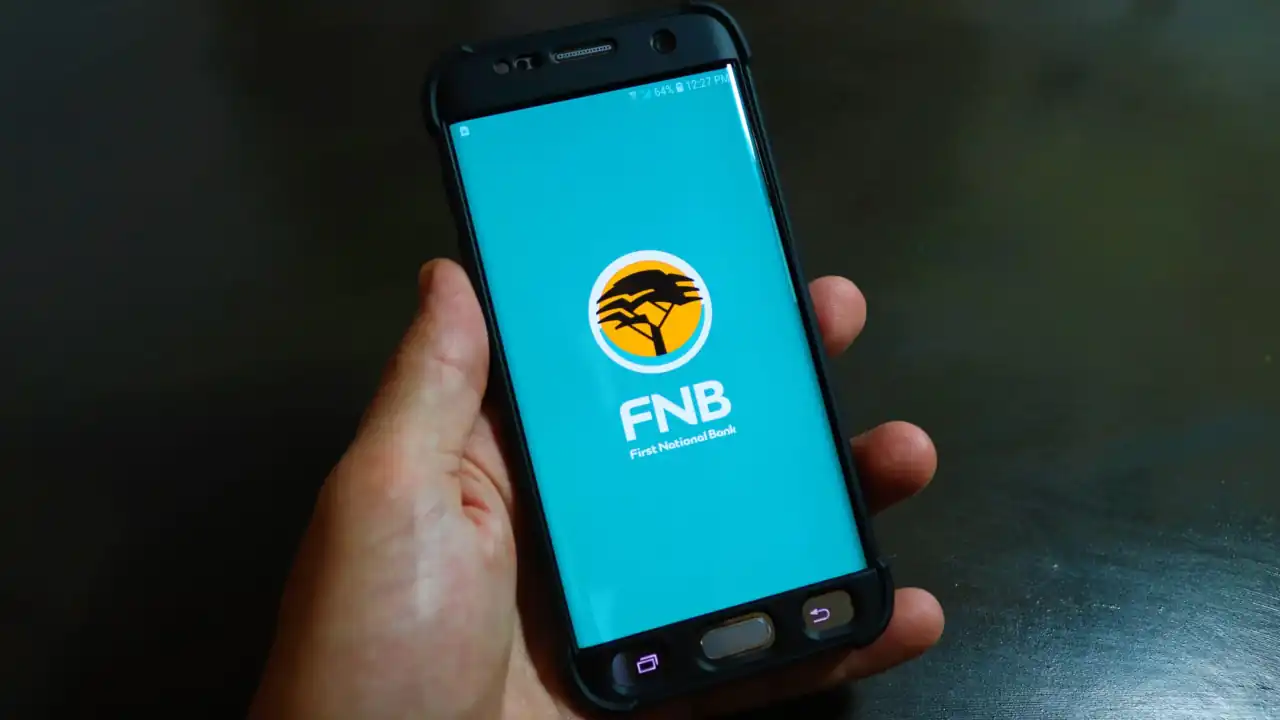Saving and Investing Made Easy: FNB Non-Resident Accounts for Zimbabweans Explained
Zimbabwe’s banking system has long been plagued by a lack of reliability, leaving many citizens frustrated and distrustful. Over the years, continuous policy changes, from freezing foreign currency accounts to abrupt shifts in exchange controls, have eroded public confidence. Customers have seen their savings devalued overnight, and many have lost faith in local banks as safe havens for their hard-earned money. As the country’s economic situation remains unstable, more and more Zimbabweans are seeking alternatives outside the country’s borders to safeguard their finances. One popular option is the FNB Non-Resident Account in South Africa, which offers a secure, stable environment for saving and investing without the fear of sudden policy reversals.
- Also Read: How to Access Loans With No Payslip: Tips for Freelancers, Entrepreneurs and the Informally Employed
Distrust in Banks
Trust in Zimbabwe’s financial institutions has been severely eroded. Many citizens feel banks have failed them, accusing them of “letting the government take their money” by freezing foreign currency accounts and manipulating exchange rates. Additionally, the yawning gap between the meagre interest banks offer on savings and the high costs of borrowing has left many feeling frustrated. The situation is worsened by hefty banking fees, driving people back to storing their money at home, often under mattresses. People are tired of the system.
A Strong Desire to Save
Despite these challenges, many Zimbabweans still have a strong desire to save. Whether it’s for household purchases, better education, marriage, building a home, or travel, people have legitimate reasons for wanting to put money aside. However, the options available for safe saving are limited, and even converting local currency into foreign currency presents a significant risk due to security concerns. Ideally, one would deposit money in a bank for safekeeping. However, after years of fluctuating exchange controls, confidence in local banks has reached an all-time low. As a result, many Zimbabweans prefer to hold on to foreign currency and trust foreign banking systems more than their own.

Enter the FNB Non-Resident Account
The FNB Non-Resident Account has gained popularity among Zimbabweans seeking a safer place to save their money. This account, offered by First National Bank (FNB) in South Africa, allows individuals who are not South African citizens or those who have formally emigrated to manage their finances within South Africa. While the US dollar remains a preferred currency, the South African Rand (ZAR) is also widely accepted, especially since many goods and services in Zimbabwe are imported from South Africa. Opening this account is surprisingly straightforward.
To open an FNB Non-Resident Account, all you need to do is visit any FNB branch in South Africa with your valid passport. The account is typically opened while you wait, and you will receive a card for local use, which will be delivered to a South African address within two weeks. The FNB app will be set up at the bank, enabling you to manage your transactions in Rand from anywhere, provided you have internet access.
Key Features of the FNB Non-Resident Account:
- Currency: Your account will be in Rand and will only accept deposits in foreign currencies. You can make an initial deposit of up to R100 or USD10 to activate the account.
- Source of Funds: When receiving deposits, you’ll need to confirm the source of the funds. A brief explanation, such as “fees from consulting work in the region”, will suffice.
- Foreign Currency: Any foreign currency deposited will be converted into its Rand equivalent, allowing you to make local payments such as DSTV subscriptions via the app or using the ATM card.
- Monthly Fees: The account comes with a monthly fee of approximately $4-5, which is comparable to, or cheaper than, Zimbabwean banks’ nostro account fees.
- Savings Option: You can open a savings account linked to the main account, with tiered interest rates ranging from 3% per annum for balances over R5,000 to 5% per annum for balances above R100,000.
- Home Loans: Non-residents can apply for home loans, provided they have a 50% deposit for the property they wish to invest in.
- Mobile Connectivity: It’s advisable to have a local South African mobile number for SMS alerts, which can be set to roaming when in Zimbabwe.
- Forex Services: While you can withdraw foreign currency, this involves converting your Rand and providing a travel itinerary. Not all branches offer forex services, so it’s best to check in advance.
- Legal and Convenient: The account is fully legal, and you can deposit savings in cash or receive payments for work done outside Zimbabwe.
- Card Usability: The FNB ATM card is functional across South Africa, Lesotho, Eswatini, and Namibia.
Why This Matters
The ability to save and invest with greater stability is one of the most appealing aspects of the FNB Non-Resident Account. For Zimbabweans who regularly transact with South African companies, this product provides a reliable option. Travellers will also appreciate that the FNB card can be used in multiple countries within the region. The only downside is that the card cannot be used for online payments outside South Africa. However, it was never intended to function as a Foreign Currency Account (FCA), and you can open a separate FCA for international transactions.
So, the next time you find yourself at O.R. Tambo International Airport or shopping in Musina, consider opening an FNB Non-Resident Account. The process takes about an hour, and you’ll gain access to a more secure and stable way to manage your savings and investments. As the old saying goes, “May disaster not strike twice.” Take control of your finances and plan for the future.
This article was written using information from an article originally published by Kudzai Mubaiwa on iHarare.com.

